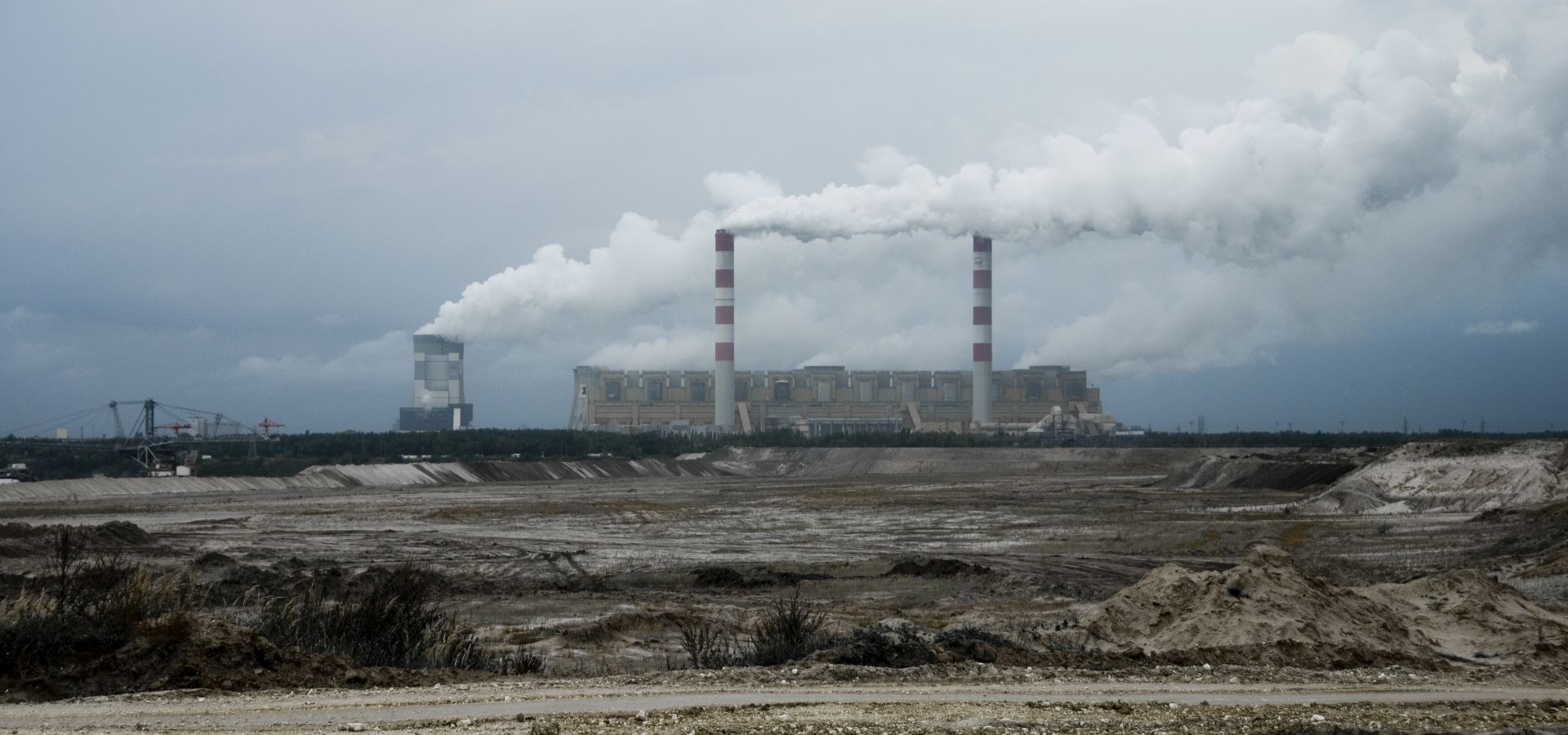Polish politicians have been so focused on saving coal that they’ve gone up against the European Union, but Brussels is beginning to push back. Money from the EU’s modernization fund can no longer be used for coal-related investments. Still, writes Michał Olszewski, the country refuses to modernize its energy sector.

Poland’s Bełchatów coal mine is the second-largest fossil fuel plant in the world (Photo by Uelut Latet, edited, CC BY 3.0)
For the past two years, the right-wing Law and Justice party has focused mainly on holding up progress in Poland. Renewable energy is getting cheaper all around the world, and all indications are that this is set to continue.
But politicians have blocked the development of wind energy while making it more difficult to be a prosumer (a producer and consumer of energy). Instead, they have focused all their energies on finding a way to drip-feed Polish mining. Examples? An added fee in electricity bills is designed to support coal-fired power plants; the failing mining companies have been rescued by the intervention of the government, which has persuaded creditors to take over the assets of the newly established Polish mining group, Polska Grupa Górnicza. There is not even a hint of modernisation to come – anything that could set the Polish energy industry on a new track – and if emissions allowances become more expensive, this will have far-reaching consequences.
Great damage has also been done to Polish environmental diplomacy. What and how Poland negotiates is important not only to Poles, but also for the entire European Union. While the EU wants to develop renewable energy systems and phase out coal power, the Polish Ministry of the Environment is proposing planting forests as a panacea for global warming. This idea, however interesting, is completely impractical – specialists in environmental economics have calculated that for planting trees to have a real effect on Poland’s emission levels, an area greater than that of the entire country would have to be forested.
The battle of the Puszcza Białowieska forest will turn out to be a failure on a European scale for the government. Brussels was not persuaded that tree fellers in one of Europe’s most precious forests were there for the forest’s protection, and was also deaf to arguments that the mass fellings were necessary for safety reasons. Jan Szyszko has entered EU history as the first politician not to have implemented a decision by the Court of Justice.
Alongside the battle for Białowieska, there was a less popular but equally important dispute which ended in November. The Polish Ministry of the Environment tried to block the reform of the EU Emissions Trading System which is intended to increase prices for emissions. This is one of the EU’s most important tools for reducing the amount of greenhouse gas emissions. The goal is ambitious: by 2030 the reduction should be 40% below 1990 levels. The Polish delegation claimed that the reform threatened their energy system and could increase energy prices.
The agreement includes the Modernisation Fund, which allows less wealthy countries to invest in a pain-free energy transformation. Our officials have tried to defend the national coal interests by lobbying for Poland to bypass the energy transition by improving the performance of coal plants. The stake is not inconsiderable: Poland’s share in the Modernisation Fund is 44%. According to the economic think-tank WiseEuropa, in the second decade Poland can count on a sum of somewhere between 865 million USD to 4 billion USD (3 to 14 billion zloty), depending on the price of emissions allowances.
And the effect of the negotiations? From the perspective of the government’s energy policy, which is set up to maintain dependence on coal, Poland has returned from Brussels in defeat – the Fund exists, yes, but the only ones who will be able to invest in improving their coal installations will be Romania and Bulgaria. Poland will get money, but it can’t use it for coal-related investments (which ecologists should be pleased about, as it will be earmarked for “thermo-modernisation”).
The official reason is that Poland no longer belongs to the group of poorest countries. But the unofficial message from Brussels is different: rather than argue with Poland’s inflexible stance, the negotiators decided to avoid it. You want to invest in coal? Fine – but do it with your own money, is what they suggest, having learned from experience. Let us remember that Poland’s energy industry was supposed to have put the money from “derogations” (savings in the form of free emissions allowances) into the development of low-emission energy production methods. The reality was somewhat different: the lion’s share went into modernising the coal sector.
In early December there was a change of Prime Minister. The new head of the government is Mateusz Morawiecki, who has stated that Poland will go along with EU instructions regarding the Puszcza Białowieska. It is too soon, however, to predict whether this is an indication of a new direction in Poland’s green diplomacy.
[…] View Reddit by compileinprogress – View Source […]